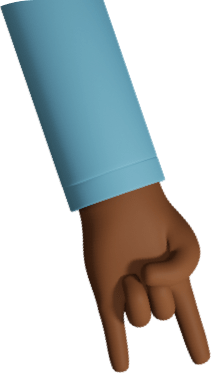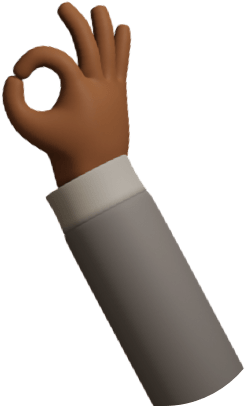

We learn
& earn as well
God gave to Israel was intended as an object lesson for all humankind
• by pynith  • Posted On → 3 years ago
•
• Posted On → 3 years ago
•  69 •
69 •  0
0

My family once took a trip to Washington D.C., and we took in all the monuments, memorials, and museums that we had time for. There was only one problem: our youngest son had the flu. His illness manifested itself progressively throughout the day, and he was a trooper. But by the end of the day, after he had dutifully trudged through every last sight, he was done.
Intellectually I knew that he wasn’t feeling terribly well, but I didn’t experientially know how it felt to spend an entire day touring Washington D.C. with the flu.
There’s a difference between knowing something intellectually and knowing something experientially.
Several Old Testament prophets were asked by God to experientially know, to become object lessons of the message that God wanted to convey:
Isaiah was charged with walking around “naked and barefoot” for three years “as a sign and portent against Egypt and Cush…” (Isaiah 20:1-6)
Ezekiel was instructed to draw the city of Jerusalem and then build mock siege works against it. (I picture toy blocks, Legos, and army men.) In this way he bore the punishment of Israel for 390 days. Then he was told to lie on his other side for 40 days for Judah. (Ezekiel 4:1-17)
Perhaps the most painful prophetic object lesson was that of Hosea. God asked his prophet, Hosea, to personally undergo the pain of rejection and unfaithfulness in marriage so that he would really know the heart of God and so that he could speak from his own experience to the adulterous nation of Israel.
Hosea married Gomer, and they had three children: Jezreel, “God scatters,” Lo-Ruhamah, “Not loved,” and Lo-Ammi, “Not my people.” This family was representative of God’s relationship with his people, Israel.
We are all called to be object lessons to the world around us of God’s redeeming love.
Gomer left Hosea, as Israel had left God, but Hosea redeemed his wife at his own expense while she was still in rebellion and fully restored her as his wife. It cost Hosea a lot of heartache, fifteen shekels of silver, and some barley to redeem his unfaithful wife.
God was willing to sacrifice a lot more than Hosea had for our redemption. The holy love of God and the redeeming love of God met in perfect satisfaction of each at the cross. Our holy God didn’t overlook or excuse our sin, because to do that would violate his holiness. He also knew that we would never be worthy of his holy love on our own, so he paid the price himself.
Jesus took our sin upon himself at the cross, and we are free.
The more I think about Hosea’s marriage, his object lesson, in relation to Jesus’s call to his followers to take up our crosses and follow him, the more I think we are all called to be object lessons to the world around us of God’s redeeming love.
What does that mean for us today? It will be different for each one of us. In short, it means that we love people no matter what, not overlooking sin, but showing redeeming love at our own expense.
That kind of object lesson still gets attention in this world.
There’s knowing…and there’s knowing, and when we live our lives as object lessons of Christ’s sacrificial and redeeming love, we will know him better, and the world around us will, too.


Invest the right way!
Invest with us and gain a faster way and sure means of securing your future.

